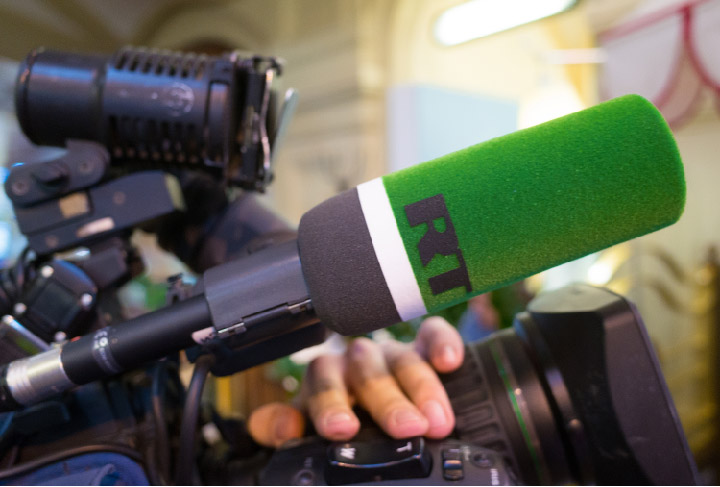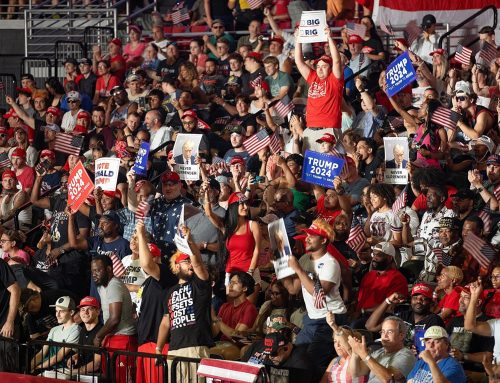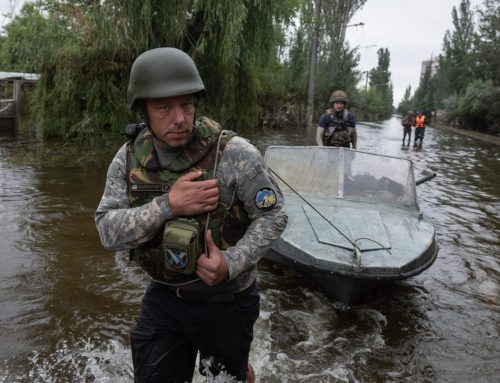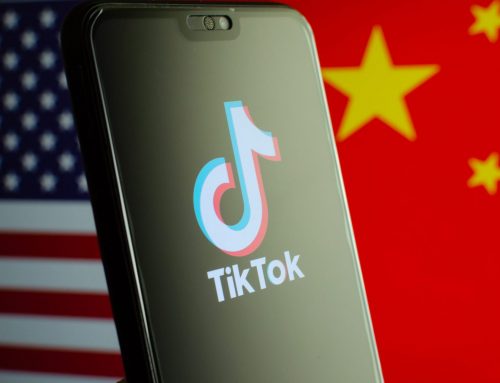Last week, Russian and Iranian diplomatic and state media accounts and outlets primarily focused on regional issues, while Chinese accounts and outlets concentrated on U.S.-China disputes as well as President Trump’s coronavirus recovery. Russian state media and diplomats provided substantial coverage of the tumult in the former Soviet Union, specifically the violent conflict between Armenia and Azerbaijan over Nagorno-Karabakh and protests in Kyrgyzstan following disputed (since-annulled) parliamentary elections. Coverage of both situations consisted primarily of breaking news and some attention to Russia’s role as a regional power calling for and working toward peaceful resolutions. Russian President Vladimir Putin’s birthday on October 7 provided an opportunity for Russian state media and diplomats to showcase images of Putin engaging in the various masculine pursuits central to his image, including hiking in the taiga, playing hockey, and posing with cute animals. A small amount of content marked the arrival of the first batch Russia’s Sputnik V coronavirus vaccine sent to Venezuela, noting the Venezuelan government’s positive reception, highlighting claims of the vaccine’s safety, and criticizing U.S. sanctions. Finally, Russian state media again amplified concerns over election security and voter fraud in the United States. On the China dashboard, China’s ministry of foreign affairs spokesperson, Hua Chunying, produced the three most engaged-with tweets of the week, all of which criticized the United States. The themes of the tweets—U.S. racism; ineptitude and inequality in the United States’ handling of the coronavirus; and the United States’ failures in foreign policy—recycled favored attack lines over the past several months. In addition, President Trump’s diagnosis and seeming recovery from the coronavirus received significant coverage, including analysis of how his illness might affect the election. Finally, Chinese diplomats were active in denouncing a U.S. and EU-led UN declaration calling on China to respect human rights in Xinjiang and expressing concern over the situation in Hong Kong. Several diplomats and state media outlets provided a rebuttal, including the consul general in Kolkata, the ambassador to Iran, the consul general in Sydney, the Chinese mission to the EU, and Global Times, People’s Daily, and China Daily. On the Iranian dashboard, Tehran-linked social media accounts attacked U.S. sanctions on the Islamic Republic, blaming them for impairing the country’s coronavirus response. Sanctions against Iranian banks through FATF were a particular object of ire. Iranian accounts were active in covering developments in the Armenia-Azerbaijan conflict, with most coverage framing Iran as a regional power-broker eager to help both sides reach a solution. Some coverage seemed to favor Azerbaijan’s claim to the disputed territory, but coverage also expressed concern about the threat of Islamist fighters coming to fight against Armenia and further destabilizing Iran’s northern border. Particular ire was reserved for Turkey’s role in facilitating this flow of fighters.
The views expressed in GMF publications and commentary are the views of the author alone.








